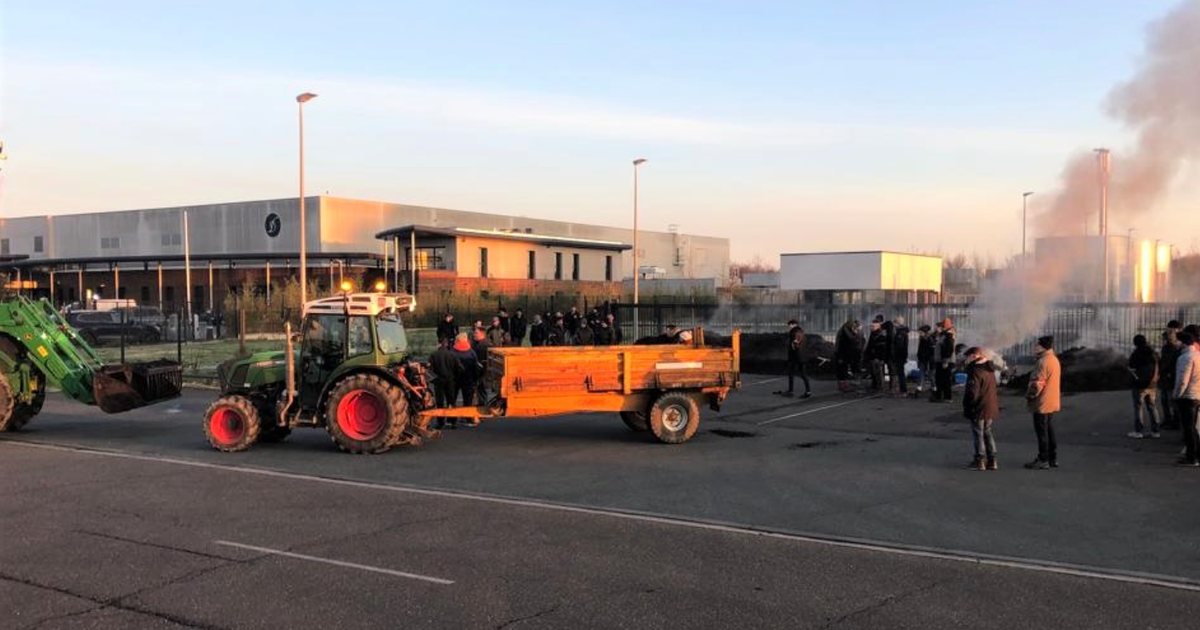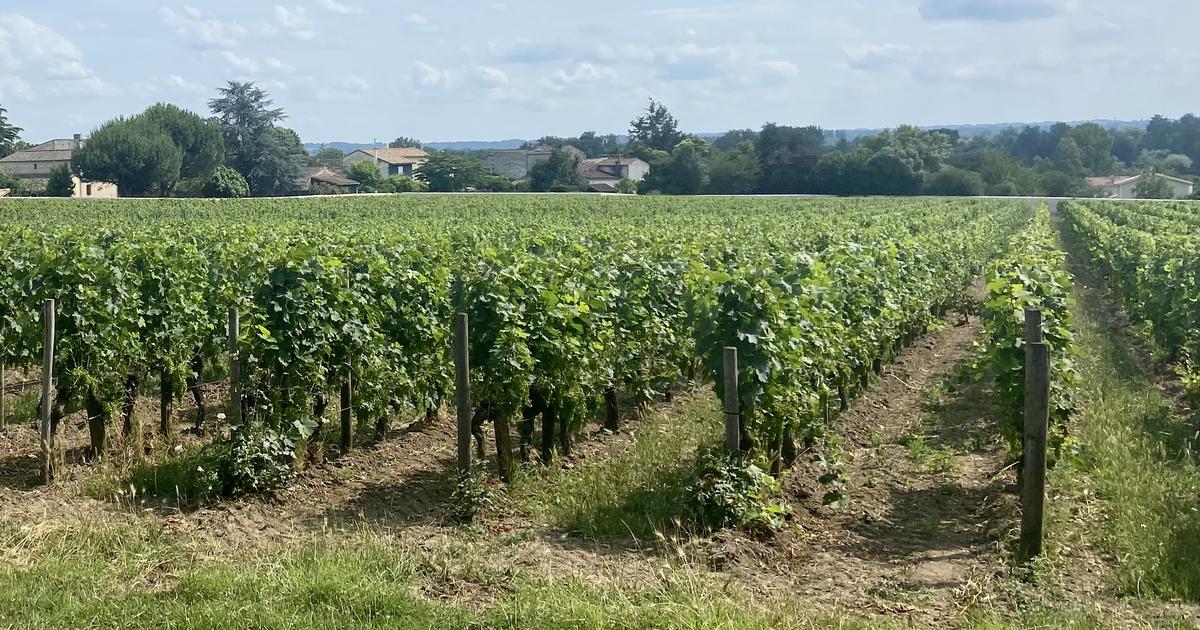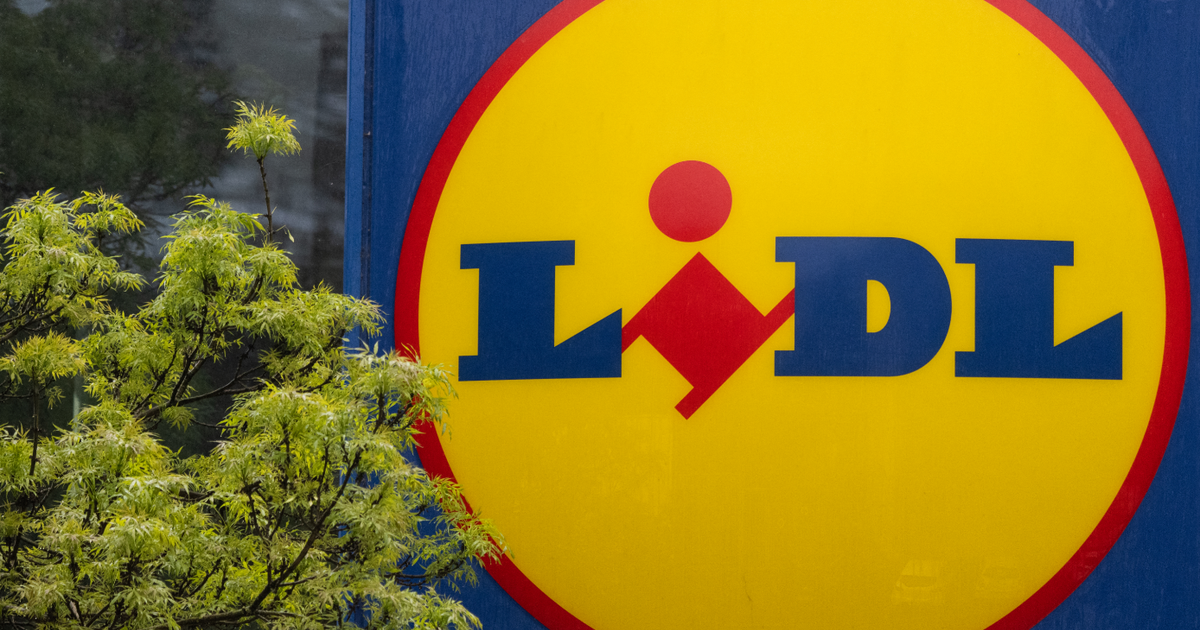It is the big wine week in Bordeaux, the most important commercial event of one of the most recognized wine regions in the world. The Semaine des Primeurs, held from April 24 to 27, brings together buyers from all corners of the planet in search of the best wines for the first time, that is, before they go on sale. Organized by the Union des Grands Crus de Bordeaux, (UGCB) it is a unique system of selling wines in the world, which is already beginning to be copied in other countries.
The trace of selling the wine before being finished in Bordeaux can be found in the early seventeenth century by Dutch and British influence, but it was at the beginning of World War II, when the winemakers of this mythical region began to offer it in advance to recover the investment and save sales before an uncertain future. All to save the stately châteaux, imposing buildings, which house many of the wineries that are spread over some of the seven most recognized areas, such as Médoc, Graves, Auternes, Saint Emilion, Pomerol, Pessac-Léognan, Entre-deux Mers or Fronsac. But it was another crisis, the one that broke out in the seventies, which led Baron Philippe de Rothschild to open his château and organize tastings so that potential buyers could check the route that their wines could have once aged.
Learn more10 luxury second red wines
The idea was penetrated in other owners of great wines in the region. And it was in 1982 when the event was institutionalized, and the wine began to be sold in the future. The winemakers open the doors, wide, of their homes to distributors, wine buyers and media, who make their scores – this year, according to data from the organization, 7,000 people attended. Collective tastings are also organized in spaces shared with other producers.
In the barrel room of Château de Fieuzal, in Pessac-Léognan, a large group of winemakers offered their wines to the attendees. Despite the rain, the facilities, including the barrel room, were crowded with people, who went from stall to stall, tasting exclusively the wines that will go on sale in the next two years.
Mathilde Bazin de Caix-Lurton, managing director of Vignobles André Lurton, and winemaker François Lurton, during the tasting held at the Couhins Lurton family château, in an image provided by the Deepix studio.
One of the hosts, veteran Paulin Calvet, owner of the centenary ChâteauPicque Caillou, said that it is an initiative that "gives visibility and a lot of connection with the client. A winery alone cannot attract so many people from all over the world." He is clear that "those who do not participate in this event lose the opportunity to sell their wines and put their winery on the market".
Because most sales, at least 80%, have their origin in this type of tasting, when the wine is still in barrels. The remaining 20% goes on sale in bottle. Everyone wins. The price of the wine purchased through this system can be, depending on the quality of the vintage, between 10 to 30, or even 50% cheaper than when it goes on the market, according to the winemakers. For example, a bottle of a Picque Caillou wine can go on the market at 25 or 30 euros, according to Calvet, while in primeur the price can be between 12 and 15 euros. "The price in the end is marked by the quality of the harvest, but also by the reputation of the winery, and the wine is always revalued, as demand increases, the price increases," explains the winemaker. It also plays with the revaluation of wine, something that concerns the buyer. And it is a way for wineries, as happens with Iberian pork producers, who sell most of their products in advance and cure it for the customer in their dryers, to make cash in advance.
There are no written rules. But first it is tested, evaluated and in the following weeks the prices at which it goes on sale will be offered. "Here you come to try, to enjoy, now nothing is sold. That is done later, when wineries decide the volume of wine to put on the market and the price. And that's when you will see the effect of the tasting," explains François Lurton —member of the fourth generation of a family of winegrowers that has been producing wine in Bordeaux since 1897, with wineries spread throughout Argentina, Chile, Australia, Portugal and Spain, where he makes wine in Toro and Rueda—, who invited EL PAÍS to take a tour of some of the most exclusive tastings of the wineries in the region. One of them was at the Château Couhins Lurton, in Pessac-Léognan, one of the six wineries located in this type of imposing building that the aforementioned family has spread throughout Bordeaux, with a total of 600 hectares of vineyards and 200 employees within a group that invoices 20 million euros.
One of the attendees at the tastings of the week of 'Primeurs' of Bordeaux, in an image provided by the Deepix.Alain Benoit studio
The moment is special, explains Mathilde Bazin de Caix-Lurton, general director of Vignobles André Lurton, since "80% of the sales of our wineries are made during this week, and that is important". However, he does not spare details about a concern that haunts all winegrowers in the area, due to climate change. "We are diversifying grapes, and replanting Malbec and Carmenere, which were originally from Bordeaux, and we believe that we can grow them again, given that, in recent years, with climate change, we have been losing between 35 and 40% of the production of the harvest each year, which would lead us to have lost an entire harvest," Points.
This may be one of the reasons why Bordeaux winemakers all row in the same direction. "It is very interesting for everyone, especially for those wines that are not so well known, although there are some of the large groups that are a bit snobs and do not participate in this type of tasting of the Union des Grands Crus. I think the group effect is important if everyone participates," explains Lurton, who was surprised by the reluctance of Spanish winemakers to work as a team. "They don't help each other, they're all competitors. In France it has been shown that unity is strength. If each winemaker plays his game alone, you lose strength all over the world." In this sense, he praises the work carried out in Spain by the group Grandes Pagos de España, to which he would like to belong.
The sale en primeur is a guarantee for the buyer, given that production is decreasing due to climate change and the number of markets that are opened to wine consumption grows. "We have less and less wine. In the 80s 65 hectoliters per hectare were produced, and now between 40 and 45 hectoliters per hectare are produced, and the grape yield will continue to fall due to climate change." And the lower the volume, the demand grows. This is what some wineries do, which turn their wines into objects of desire, the price increases and the customer does not mind waiting up to two years until the bottle is ready. "It's just like a Hermès bag, where you wait more than six months to have it," adds Lurton.
Interior of the cement vat room at Château Cheval Blanc, in Saint-Émilion, in a photograph provided by the Deepix.Alain Benoit studio
Through the streets of the beautiful village of Saint Emilion, he walked, in the company of his son, Juan Manuel García, a Guatemalan who has lived in Spain for 23 years, and owner of the Carbonera restaurant group – Santa Hamburguesa, Taberna Carbonera and La Tabernita. It was the first time they attended the week of primeur in Bordeaux. Two intense days in which they visited three wineries and participated in various tastings. "The experience has been incredible, now we understand that people come here. They have everything very well organized. We consume wines, we like to learn from the French and we go to buy because they are cheaper." It is a way to "ensure the quota, since there is more and more shortage of wine and champagne," says the father, who has already written down next year's appointment to return, on a trip that promises to be customary with the son.
To spy and buy also ensures that has gone, as has been tradition for years, the winemaker Javier Murúa, of Muriel Wines, a group based in Elciego (Álava). "I like this system because what it does is generate value and expectations, since it generates interest in investing in wine," says this wine producer and importer. "In the national market there is not much habit of storing wine, and I like to buy and store," explains Murúa, who in two and a half days visits more than 25 wineries. And on the price clarifies that "buy cheap if you get it right, since it depends on how the vintage is revalued, although whenever you invest you have the expectation of generating value".
The starting price is key. It generates interest all over the world. May 4, at 9.30 am, was the date indicated by the winemaker Jean Marc Dulong to announce to the world the rates with which he sells his wines in advance. There he gave the official prices in euros, Hong Kong dollars, US dollars and Swiss francs. He knows from experience that it is a good opportunity to buy wine. "You buy at the best price, there is a lot of demand and in two years the price goes up," he explains.
But the most important thing, insists Thierry Capdemourlin, owner of Chàteau Balestard La Tonnelle, in Saint Emilion, is "to ensure the wine, we have less and less".
,

/cloudfront-eu-central-1.images.arcpublishing.com/prisa/JIAI7X5MIJA55PYNGAW552MJSQ.jpg)


/cloudfront-eu-central-1.images.arcpublishing.com/prisa/ARR2O7RSB5GA3PHABH4GHEX5FY.jpg)






/cloudfront-eu-central-1.images.arcpublishing.com/prisa/KMEYMJKESBAZBE4MRBAM4TGHIQ.jpg)


/cloudfront-eu-central-1.images.arcpublishing.com/prisa/EXJQILQR5QI7OMVRTERD7AEZAU.jpg)
